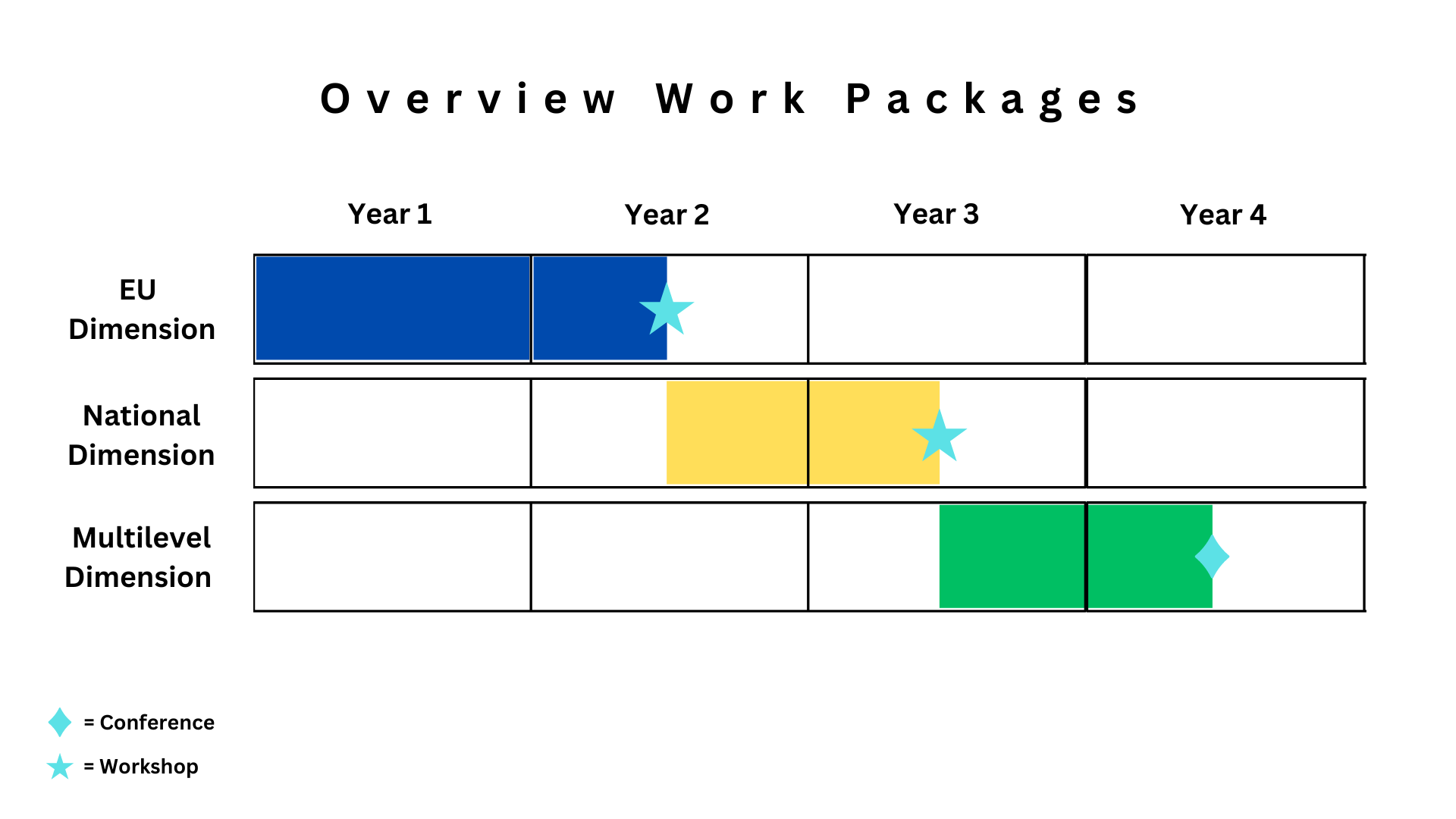EUSOFTLAW
Soft law refers to a set of rules of conduct that are not legally binding, “but nevertheless may have certain (indirect) legal effects, and that are aimed at and may produce practical effects”(Senden 2004, 112).
In the European Union (EU), ther were instruments of soft law ever since the beginning of the European integration process. With its deepening, the ever more frequent empowerment of EU institutions and newly created agencies, especially over the past three decades, the importance of EU soft law has also increased significantly. This development can be seen in EU Banking and Financial Markets Policy (BFMP) as well.
Soft law in Banking and Financial Markets Policy (BFMP) raises questions both in terms of EU law, as well as in terms of national law. These questions related to the use and the value of soft law instruments, both de jure and de facto, administrative, democratic and judicial accountability, and the varying forms of incorporation and application of these measures at the national level, wherein the national measures as adopted also have to abide by the constraints set by the existing national legal framework.

Work package 1: EU perspective
Work package 2: National perspective
Work package 3: Multilevel perspective




